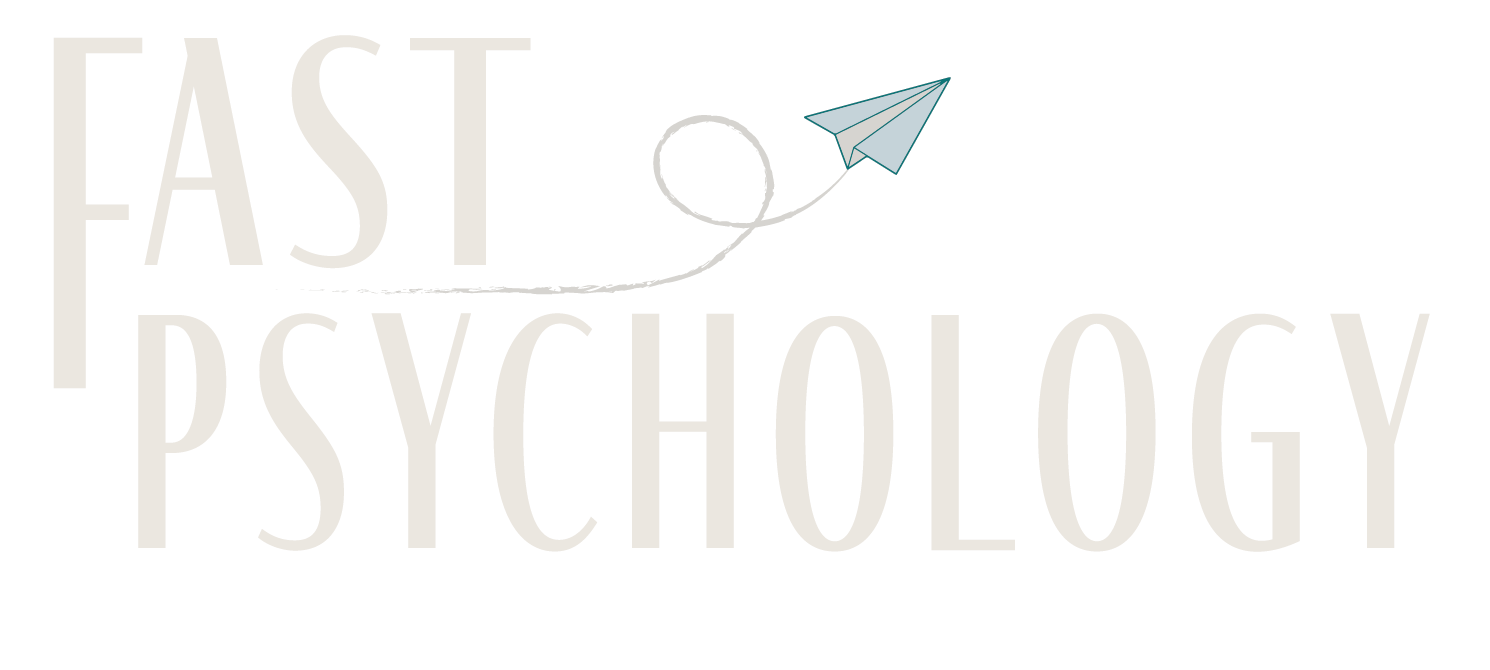Stop Feeling Guilty and Start Getting the Support You Deserve—Here’s How!
Hey there, friend! Let’s have a heart-to-heart about something that a lot of us struggle with—asking for help. It doesn’t make you weak or lazy; in fact, it’s one of the bravest things you can do. Trust me, I’ve been there, and I know how tough it can be. So, let’s dive in and break it down together.
The Struggle is Real
Imagine this: My 11 year old son, fresh from school, walks in and tosses his backpack on the floor. Instead of a greeting, he says, “Mum, can you help me with my science project? I can’t figure out how to get started.” Now, I know he’s been stressing about it all day, but asking for help? That took guts. It got me thinking about how often we, as adults, shy away from asking for help in our own lives.
It’s not just kids. Think about the last time you needed help but didn’t ask for it. Maybe you were overwhelmed with work but didn’t delegate tasks. Or perhaps you were struggling with a personal issue but kept it to yourself. We all do it, and it’s usually because we don’t want to seem weak or burden others.
My Journey with Asking for Help
I’ve always been fiercely independent. Growing up in a single-parent household, I learned early on to rely on myself. Even now, as a single mother and business owner, I pride myself on handling things on my own. But this mindset can be a double-edged sword.
I remember a time when my son, around 16, was going through a rough patch at school. He wasn’t talking much, and I could see he was struggling. One evening, he finally came to me and said, “Mum, can we talk? I’m feeling really stressed about school – it’s a lot – I don’t know how to do it all.” That simple request took a lot of courage, and it made me realise how important it is to reach out when you need support.
Why We Hesitate
Our hesitation to ask for help often comes from deep-seated beliefs. We live in a culture that prizes independence and self-sufficiency. From a young age, we’re taught to stand on our own two feet. In my family, there’s a strong sense of pride in doing things ourselves. My mum, even now, prefers to handle everything on her own – especially Christmas Lunch. She shooes everyone out of the kitchen because it’s “easier” to do it all herself.
But this mindset can be limiting. My son, for instance, had internalised the belief that asking for help with his school issues, made him seem less capable. And honestly, I’ve felt the same way. There have been countless times in my career when I’ve struggled alone rather than ask for guidance.
The Benefits of Asking for Help
Here’s the thing: asking for help isn’t a sign of weakness. It’s a powerful skill that can improve your life in so many ways. When you reach out, you open the door to support that can alleviate stress, provide new perspectives, and even strengthen your relationships. Plus, helping others feels good—both for the giver and the receiver. It creates a bond and builds trust.
Practical Steps to Asking for Help
Let’s break it down step by step, and dive deeper into how you can get comfortable with asking for help:
- Challenge Your Assumptions:
Start by examining the beliefs that are holding you back. Do you think asking for help makes you look weak? Or maybe you believe others will see you as incapable? These thoughts are often rooted in fear and aren’t necessarily true. Most people appreciate the opportunity to help because it makes them feel valued.Reflect on your past experiences. Did you ever help someone and feel good about it? Use those memories to challenge your current assumptions. Remember, asking for help can actually build stronger relationships because it shows vulnerability and trust.
- Make the Decision to Ask for Help:
Sometimes, the hardest part is just deciding to ask. Weigh the short-term discomfort against the long-term benefits. If you’re feeling overwhelmed, think about how much easier things would be if you had support. For example, imagine you’ve got a big presentation at work and your partner offers to take the kids to their activities for the evening. Accepting that help allows you to focus and perform better.Ask yourself: What’s the worst that could happen if I ask? And what’s the best that could come from it? This simple mental exercise can often tip the scales in favour of reaching out.
- Choose the Right Person:
Not everyone is equipped to help with every problem. Think about who in your life has the skills or experience to assist you. Maybe you need emotional support, so you call your best friend who’s great at listening. Or perhaps you need practical advice on a work project, so you approach a colleague who’s an expert in that area.Also, consider your relationship dynamics. It’s often best to ask someone you trust and who you’ve helped in the past. Reciprocity is a powerful motivator. But don’t rule out asking someone who has declined before—they might be more willing this time around.
- Timing Matters:
Timing can make a huge difference in how your request is received. If possible, give the person ample time to consider your request. Avoid asking during stressful moments or when they’re clearly busy. For example, don’t ask your partner to help with a complicated task right when they walk through the door after a long day at work. Instead, wait until they’ve had a chance to unwind.If you’re not sure about the right time, it’s okay to ask, “Is now a good time to talk? I need some help with something.” This shows respect for their time and emotional state.
- Embrace the Discomfort:
Feeling awkward about asking for help is normal. Acknowledge those feelings but don’t let them paralyse you. Think about the emotions underlying your reluctance—fear of rejection, guilt, shame? Naming these emotions can reduce their power over you.Practise “emotion surfing.” Notice your feelings, but let them pass without acting on them. Remind yourself of times you’ve felt uncomfortable but pushed through anyway. Each small act of courage makes the next one easier.
- Use Assertive Communication:
Be clear and direct in your request. Instead of hinting or being vague, say exactly what you need. For example, “I’m really struggling to meet this deadline at work. Could you take care of dinner and the kids tonight?”Assertive communication strikes a balance between aggressive and passive. You’re expressing your needs directly while also respecting the other person’s right to say no. It’s not about making demands but about being honest and respectful.
- Be as Clear as Possible About What You Need:
Ambiguity can lead to misunderstandings. When asking for help, be specific about what you need and why. If you’re not sure, it’s okay to admit that. For instance, “I’m feeling really overwhelmed and I’m not sure exactly what I need. Can we talk about it and figure out how you might be able to help?”Providing context helps too. Explain the situation briefly so the person understands why you’re asking. For example, “I have a big presentation tomorrow and I’m feeling stressed. Could you handle dinner tonight so I can focus on preparing?”
- Accept Help Graciously:
Once someone agrees to help, let them. Trust them to do the task their way. Micromanaging or constantly checking in shows a lack of trust and can create tension. If your partner is handling the kids’ bedtime, let them do it their way, even if it’s not exactly how you’d do it.Express your gratitude sincerely. A simple, “Thank you so much, I really appreciate it,” goes a long way. If the help was significant, consider a small gesture of appreciation, like a thank-you note or returning the favour when they need it.
- If the Request is Denied:
Rejection can sting, but it’s not the end of the world. Try not to take it personally. People have their own limitations and reasons. Accept the no gracefully and move on. Reflect on other possible sources of help. Sometimes you might need to ask multiple people before finding the right support.Use this as an opportunity to reassess your needs. Maybe there’s another way to approach the problem, or someone else who’s better suited to help. Flexibility and resilience are key here.
Final Thoughts
Asking for help is a skill you can develop. It’s about recognising that no one can do it all alone and that reaching out for support is a strength, not a weakness. So next time you’re struggling, remember this guide and take that step to ask for help. You’ve got this!
Recommended Resources
Books:
– *Reinforcements: How to Get People to Help You* by Heidi Grant
– *Influence Is Your Superpower* by Zoe Chance
– *Give and Take* by Adam Grant
– *Nonviolent Communication* by Marshall B Rosenberg
Podcasts:
– *Psychologists Off the Clock*
Check out episodes on social connection and belonging for more insights.



 to your inbox. (Unsub anytime in a click.) You also agree to my
to your inbox. (Unsub anytime in a click.) You also agree to my 